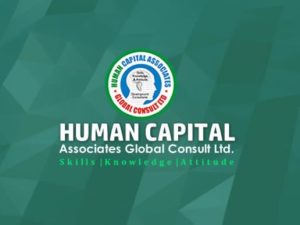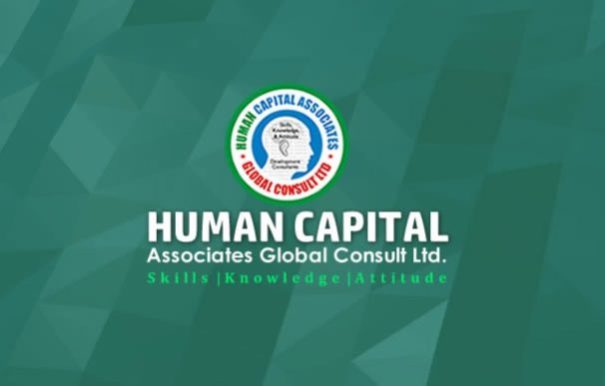Workshop on Treasury Management for the Oil & Gas Industry Best Practices: Maximizing Liquidity & Risk Management
May 20 – 24, 2024, 1st Run: Lagos & Port Harcourt
November 18 – 22, 2024, 2nd Run: Lagos & Abuja
For Tutor -Led Class: 9am – 4:30pm
Workshop fee: N350, 000 per Participant
For online: Delivery via Zoom
Online course fee: N300, 000 per Participant
Available for In-plant Training
Program Overview:
Treasury Management ensures sufficient liquidity to meet its obligations, whilst managing payments, receipts and financial risks such as Credit Risk, Oil Price, Exchange Rate and Interest Rate Risk effectively. In addition, effective Treasury & Risk management will enable companies to make informed and better strategic decisions, providing the analysis, finance and risk assessment.
This training program is designed to provide participants with the essential knowledge and skills to manage the Treasury functions in oil and gas industry effectively thereby improving liquidity, investment returns and international cash flow as well as risk management. This highly-interactive course will develop participants’ ability to prepare, use and critically evaluate information, applying specialist industry knowledge and relevant analytical skills.
For whom:
This program is designed for Accounting professionals, treasury professionals, financial decision makers, internal and external auditors and regulators, finance managers and others with financial responsibilities in oil and gas industry will greatly benefit from this program
Learning objectives:
At the end of the program, participants will be able to:
- identify the scope and concepts of the treasury department;
- improve on their skills and knowledge of corporate treasury management and the treasury function;
- use the best practices for asset, liability management and cash management techniques;
- explain the role of money markets and capital market products to fund institutions;
- explain the financial instruments under (IFRS) and (GAAP);
- recognize and use commodity derivative products; and
- apply different hedging techniques frequently used by the treasury department.
Course outline:
Day1: – Overview of Treasury Function in Oil & Gas Industry
- The concept and responsibilities of the treasury function
- The role of the treasury and treasurer:
- raising capital, managing bank relationships
- money management, managing (corporate) risks
- Treasury organization and structure
- A treasury control framework
- Treasury performance management
Day 2: – Cash & Liquidity Management
- Cash management objectives
- Working capital management
- Managing and accelerating collections
- Ratio analysis for decision making.
- Cash flow forecasting
- Purpose of cash flow forecasting
- Types of forecasts
- The forecasting processes.
- Forecasting methods
Day 3: – Treasury Funding and Investing
- Managing short-term borrowing
- Long-term debt financing
- Short-term interest rates versus long-term interest rates
- Loan agreements and covenants
- Credit rating agencies
- Bonds as a tool for long-term investing and funding
- Managing short term investmentss
- Long-term equity investments and stocks
- Equity valuation techniques
Day 4: – Treasury Policies and Procedures
- Bank accounts and financial services
authority policy
- Payments policy
- Collection and concentration policy
- Regulatory compliance policies
- Regulatory requirements
- Internal policies
- Service provision
- Treasury systems policy
Day 5: – Risk Management & Best Practices in Oil
& Gas Industry
- Why manage financial risk?
- Principal treasury related financial risks.
- The management of financial risks
- Currency Risk Management
- interest rate & commodity (oil price) risk management
- Forward Contracts and Forward Rate Agreements
- Options – Calls & Puts
- Futures – Market Correlation; Margin Payments, etc.
- Swaps – Currency & Interest Rate Risk and Benefits
- Foreign Currency Accounts and other Internal Methods / Tactics
- Foreign Currency Borrowing
- Best practices in managing treasury risks.
Training Methodology
Lectures, discussions, exercises and live case studies will be used to reinforce these teachings/learning method





